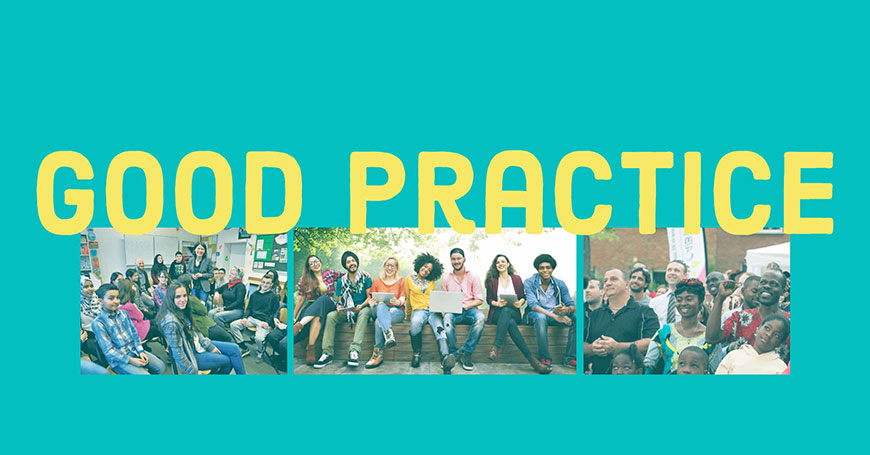Intercultural cities: good practice examples

The first step is the adoption (and implementation) of strategies that facilitate positive intercultural encounters and exchanges, and promote equal and active participation of residents and communities in the development of the city, thus responding to the needs of a diverse population. The Intercultural integration policy model is based on extensive research evidence, on a range of international legal instruments, and on the collective input of the cities member of the Intercultural Cities programme that share their good practice examples on how to better manage diversity, address possible conflicts, and benefit from the diversity advantage.
This section offers examples of intercultural approaches that facilitate the development and implementation of intercultural strategies.
An Anti-Racism Cockpit
Purpose: Internally focused activity is key to addressing systemic discrimination. It enables a focus on the priorities, processes and practices of an organisation. It can be difficult to secure a...
Employment and skills - Adult Learning Programme, BUILD programme, Leeds Anchors Network
In Leeds 24% of the working age population do not have a Level 2 Qualification. The city therefore runs an Adult Learning Programme which is targeted at residents with low-level skills and...
Community Connector Project
In July 2019, Leeds started the 15-month Community Connector project[1] which aims to support new migrants to connect with local services and existing community networks through building bridges...


